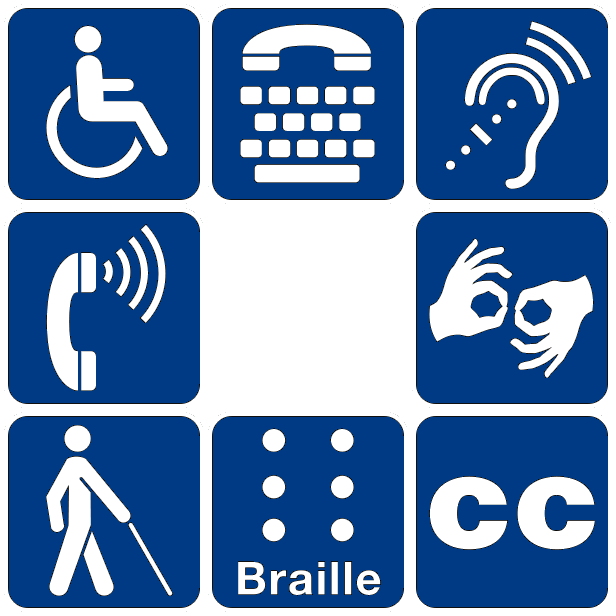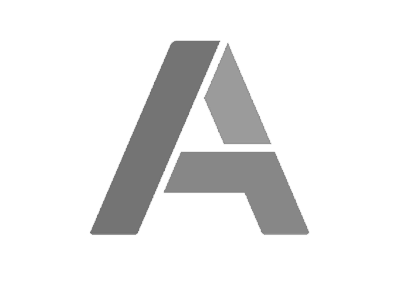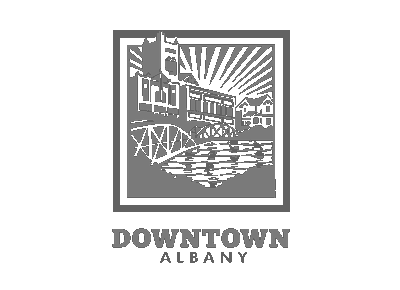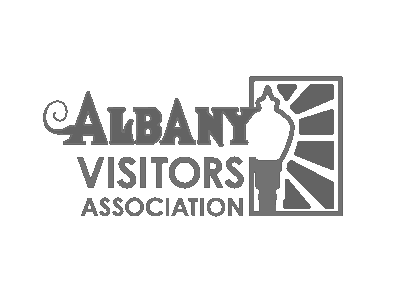
The City of Albany developed a comprehensive Americans with Disabilities Act (ADA) Self-Evaluation and Transition Plan (SETP) to guide the City in making Albany’s facilities, parks and public right-of-way accessible to all. This includes all public programs, services, facilities, and activities.
Developing the plan included four major components:
- Reviewing all City programs, services, and policies;
- Evaluating the accessibility of City facilities (buildings, parks, and parking lots);
- Assessing facilities in the public right-of-way; and
- Developing a strategic plan and tools for implementing the recommended changes to City facilities and practices.
The self-evaluation and transition plan associated with the public right-of-way (ROW) was presented to the City Council on January 11, 2023. The complete citywide transition plan was presented to the City Council on March 11, 2024. The Plan guides the City in making its buildings, parks, programs, and public right-of-way accessible to all and is intended to provide a framework for the continuous improvement of City programs and facilities for people with disabilities. It is also intended to be a living document that is regularly updated as programs and services change, as barriers are removed, and new facilities come under ownership or control of the City.
View the final plan below:
- Self-Evaluation and Transition Plan (SETP)
- Self-Evaluation and Transition Plan (SETP) map for screen readers
The following tasks and schedule were implemented to develop the plan:
Phase 1
Phase 1:
Project Initiation, Management, and On-Going Communication
The City of Albany initiated the project in January of 2022. An ADA Advisory Group was formed as part of the Public Works ADA planning process to provide insights throughout all phases of the planning process. The group members from the Public Works process have been asked to participate in this planning effort, and the City anticipates that new group members will be enlisted as part of this comprehensive planning effort. This group will meet three times during the project. The first meeting with the ADA Advisory Group is anticipated to be held in June 2022. The second and third ADA Advisory Group meets are expected to occur in the Summer and Fall.
Phase 2
Phase 2:
Policy and Program Evaluation (Winter 2021/Spring 2022)
During the project's policy and program evaluation phase, a comprehensive review of City policies, services, and practices is conducted to ensure that they are nondiscriminatory to people with disabilities. The evaluation involves the following tasks:
- Reviewing City policy documents, programs, and services;
- Meeting with City staff to administer a questionnaire regarding City practices;
- Identifying modifications to City programs, services, practices; and
- Involving the ADA Advisory Group in identifying issues and reviewing recommendations for modifications to City policies, services, and practices.
Phase 3
Phase 3:
Facility Evaluations (Spring 2021/Winter 2022)
The facility evaluations involve the assessment and inventory of ADA barriers within the City's facilities where the public accesses City programs and services. The evaluation involves the following tasks:
- Conducting ADA facility evaluations and preparing barrier reports;
- Identify ADA barrier removal actions; and
- Involving the ADA Advisory Group in identifying issues and drafting barrier removal priorities.
Phase 4
Phase 4:
Prepare the ADA Self-Evaluation and Transition Plan (Winter 2022/Spring 2023)
During the final phase, the comprehensive ADA Self-Evaluation and Transition Plan will be developed. The ADA Advisory Group will review the draft plan and provide comments before distributing the public review draft plan. The plan will be posted to the City website, and hard copies will be available at designated locations to collect public comments. It is anticipated that the Plan will be available for review in Winter 2022/Spring 2023.
The Transition Plan includes:
- The methodology employed for plan development;
- Public outreach process for plan development;
- Prioritization and scheduling process;
- Recommendations for modifications to policies, services, and practices;
- Transition plan phasing schedule and barrier removal priorities; and
- Program accessibility guidelines, standards, and resources.




